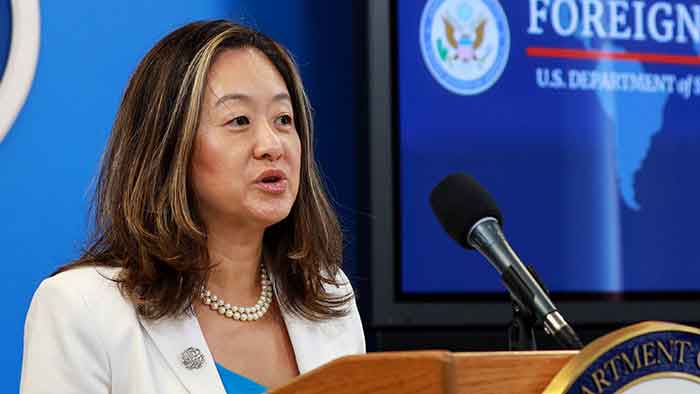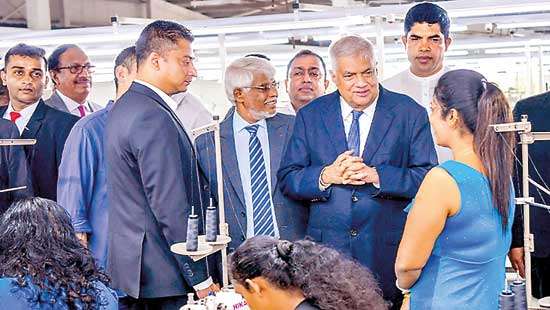





Sri Lanka is experiencing a notable increase in its merchandise exports, which rose by 6.67% to reach $12.7 billion in 2024. This growth is largely attributed to the apparel and textiles sector, which contributed $5.05 billion to the total exports. Additionally, tea exports saw a significant rise of 9.62%, amounting to $1.435 billion, while coconut-based exports surged by 20.9% to $856.7 million. Rubber exports also increased by 7.66%, totaling $1.001 billion [3a30056d].
In December 2024 alone, export earnings grew by 4.06% to $1.042 billion, with spices experiencing a remarkable surge of 50.1% to $47.16 million. However, the seafood sector faced challenges, with exports declining by 15.34% to $20.14 million during the same month [3a30056d].
These developments come amidst broader economic reforms in Sri Lanka, including the expansion of the Bingiriya Export Processing Zone, which was inaugurated by President Ranil Wickremesinghe. The expansion aims to create 75,000 new job opportunities and generate an estimated $2,600 million in export revenue. The government is focusing on enhancing its export potential and improving the competitiveness of local businesses in the international market [405fdceb].
On January 30, 2025, US Ambassador Julie Chung emphasized the importance of transparency, good governance, and streamlined trade regulations during her address at the Sri Lanka Apparel Exporters Association Annual General Meeting. She urged the Sri Lankan government to create a welcoming business environment to attract foreign investment, particularly in the apparel sector, which is projected to generate $365 billion in revenue in the US by 2025 [56945254]. Chung referenced the growth of Nike from a small operation in 1964 to a $100 billion company, highlighting the potential for similar success in Sri Lanka’s apparel industry. She also acknowledged the contributions of Martin Trust to the Sri Lankan apparel sector and the investments made by MAS Holdings in the US [56945254].
Additionally, President Anura Kumara Disanayake announced a record Rs. 1.35 trillion allocation for capital expenditure in the upcoming budget, signaling the government's commitment to fostering economic growth. The Sri Lanka Economic Summit 2025 aims for economic growth exceeding 4%, reflecting the government's strategic focus on enhancing the business climate and attracting foreign investment [56945254].
Moreover, several firms in the PwC network are transitioning to the Deloitte network, effective October 28, which is expected to bolster growth in key service areas [dd5670c9]. The government is also pursuing comprehensive economic partnerships with countries like India and Bangladesh, and has applied to join the Regional Comprehensive Economic Partnership (RCEP) [e936ffbb]. These initiatives reflect Sri Lanka's commitment to fostering a robust economic environment and addressing challenges to ensure sustainable growth [152c1b9e].